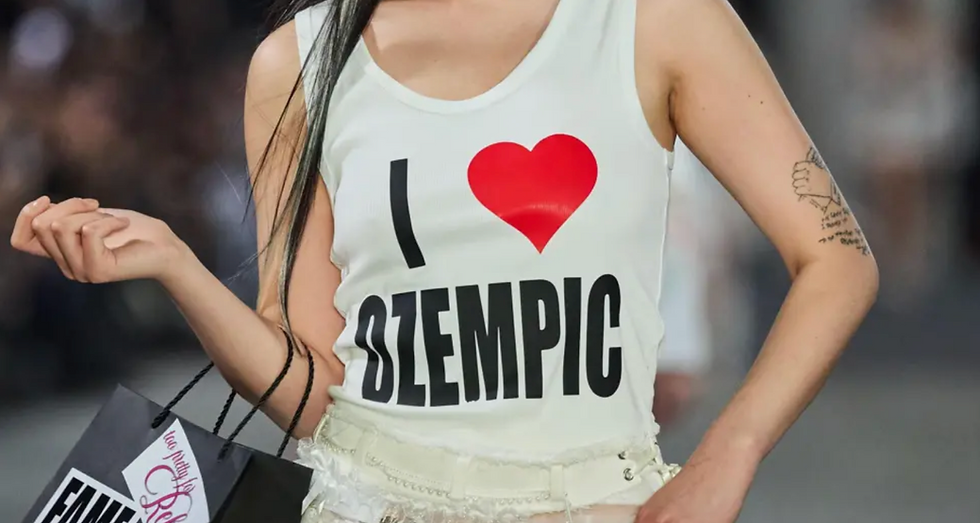Body Hair: The New Red Lip?
- xarasmyth1806
- Dec 10, 2023
- 3 min read
As a woman, you do not get very far into your life before you begin to see the hair that your body grows naturally as a repulsive attribute. If this is not told to you directly, it is so deeply embedded within our culture that the message will find its way to you on its own anyway.

What I hope to achieve in this article is a questioning of such ritualistic behaviour. Why do I shave my armpits every other day when no man I know has shaved his even once? Once we begin to wonder why, it is uncovered that something that may just seem like a part of your “self-care” or regular showering routine is actually a medium of female oppression. Why are women subjected to spending so much time, money and psychological energy on the removal of features that are natural to their bodies? And why is hairlessness in adult female bodies deemed attractive when it is actually making us appear more like our prepubescent selves than the women that we are?
The idea that we should remove our hair is sold to us in a variety of ways. When I was just 10 years old, an older woman told me that there was far too much hair on my legs and that it needed to go. So I started shaving from an age as young as 10. Yet even if one manages to resist judgment at least until their teenage years, the pressures inevitably catch up eventually. We are constantly surrounded by hairless models, and razor advertisements that depict razors gliding over already smooth and hairless legs. Body hair is so stigmatised that it cannot even be displayed in the context of selling product effectivity that centres around it.
A common response to the question of why do we do it is the argument of cleanliness. Yet body hair actually protects against bacteria. And men who do not remove their armpit hair are not deemed as unhygienic. Moreover, often the countries which condemn female body hair the most are also countries in which it is common to shower daily. Therefore cleanliness should not be an issue if one is in keeping with their self-hygiene.
New movements of female empowerment have encouraged the maintenance of female body hair. When I notice a woman lift her arms and expose body hair left in-tact I am filled with respect and admiration. This kind of self-confidence and embracing of natural features in the face of cultural expectation is what emboldens change.
Celebrities owning the look paints it in a positive light and encourages comfortability in one’s own skin. New razor companies, such as Billie (2017) have begun marketing hair removal as a choice rather than an expectation, and they do not censor body hair in their attempt to sell. A study from 2016 revealed that one in four females under the age of 25 have stopped shaving their armpits. These attitudes begin to challenge the cultural norm by promoting body hair as an asset rather than a feature of shame and disgust. It is a bold and empowering statement, just like a red lipstick.
So if your answer to the question of why you shave was that you prefer it, why do you prefer it? Was that preference shaped by society and judgment? Did your body hair bother you when you were too young to be aware of such pressures?
_PNG.png)






Comments